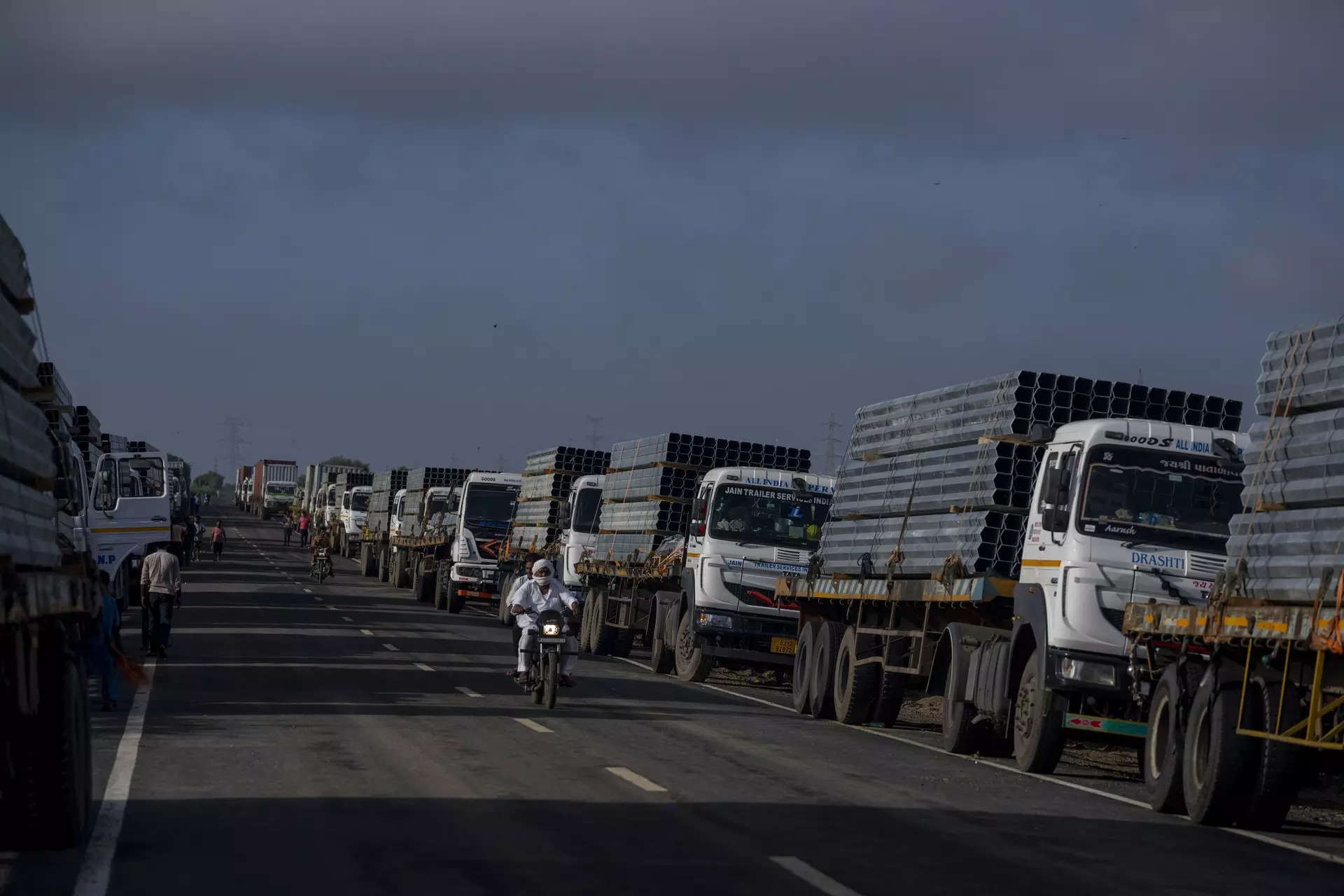This will help lower carbon dioxide emissions and contribute towards the national goal of a gas-based economy by increasing the share of natural gas in the primary energy mix to 15% by 2030, it said in its report jointly prepared with the embassy of Netherlands.
According to the Aayog, lndia’s rapidly expanding trucking market, which is expected to more than quadruple, from 4 million trucks in 2022 to roughly 17 million trucks by 2050, offers immense scope for lowering emissions and encouraging investments for growth.
In its report on ‘LNG as a Transportation Fuel in Medium & Heavy Commercial Vehicle Segment’, the government’s think-tank has suggested setting up a demand aggregator company for buying LNG trucks, similar to Energy Efficiency Services (EESL) in the electric vehicle sector.
“This can generate initial demand for the LNG project and provide sustainability to the retail LNG outlets,” it said.
Proposing a host of fiscal incentives, the Aayog called for reducing the value added tax (VAT) on sale of LNG to heavy duty vehicles to 5% and bringing the retail LNG price under the ambit of the 5% GST bracket. “It will be possible to achieve the required tax rate harmonisation across states, thus effectively bringing down the operating costs of these vehicles,” it said. According to the Aayog, this scheme for GST reduction can be limited to the first 5,000 LNG trucks sold. “Further, accelerated depreciation could be provided to LNG vehicles along with exemption from toll which forms more than 10% cent of the total cost of ownership,” it said in the report. Talking about making LNG vehicles eligible for PLI benefits, the report said there is a need to include LNG-fueled vehicles in the list of advanced automotive technology vehicles eligible for the production linked incentive (PLI) scheme .”This will provide a major boost to original equipment manufacturers (OEMs) to manufacture and produce additional LNG vehicles,” it said.
“Priority lane access, preferential right of way, eco labels and coloured licence plates could be some non-fiscal incentives to promote use of LNG vehicles and extend the life of LNG trucks to five more years beyond 15 years ,” it said, citing similar initiatives in China, Spai, Italy and Netherlands.
(You can now subscribe to our Economic Times WhatsApp channel)












